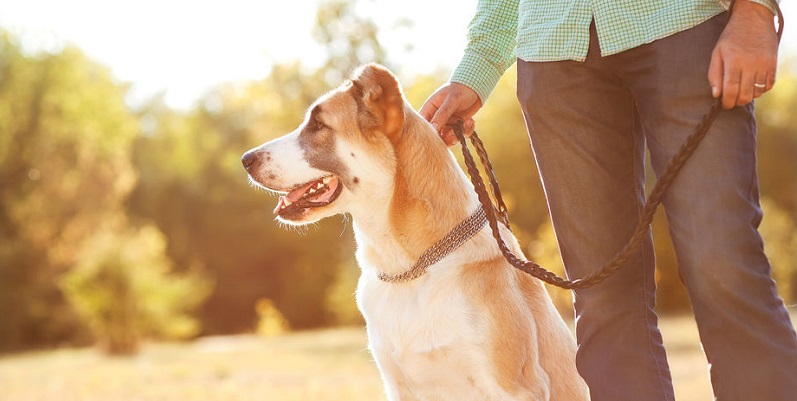According to data compiled by the Centers for Disease Control and Prevention, roughly four and a half million dog bites happen annually in the U.S., and about 20 percent of all dog bites eventually become infected and require medical attention.
Regulations That Can Affect Liability and Potential Recovery in Dog Bite Cases
Colorado is an extremely dog-friendly state, but sometimes dogs don’t return the favor. According to data compiled by the Centers for Disease Control and Prevention (CDC), roughly four and a half million dog bites happen annually in the U.S., and about 20 percent of all dog bites eventually become infected and require medical attention.
One reason for all these dog bites is that Colorado’s leash laws, and vaccination laws, are not always obeyed; some dogs are allowed to run loose or are not properly vaccinated, they get themselves (and their owners) into potential legal trouble. Dogs (and cats) over the age of six months are required to be vaccinated for rabies by a licensed Colorado veterinarian.
A Sampling of Leash Laws
There is no state-wide leash law in Colorado, but dogs are required to be under control at all times. The state gives local governments the authority to make leash laws for individual municipalities. Here is a sampling:
- Aspen. Pursuant to the Dog Control Code of the City of Aspen, Colorado, dogs are prohibited from running at large within the city. However, areas for “watchful, off-leash play” are provided in Rio Grande Park and Wagner Park.
- Colorado Springs. Colorado Springs has a number of dog parks where dogs must be under voice control but are free to run off leash. The city also has off-leash areas within public parks, including Red Rock Canyon Open Space, Palmer Park, and Garden of the Gods. If a dog is running loose in a park that requires dogs to be leashed, impoundment of the animal, fines, and jail time for the owner are the potential penalties.
- Denver. According to Denver’s leash law, dogs cannot legally run around, unless they are within a designated off-leash enclosure and are under the supervision of an owner or keeper who is at least 18 years old. Dogs found running loose will be impounded at the Denver Animal Shelter.
- Golden. Dogs are prohibited from running loose within the city of Golden, except on the premises of the owner or an off-leash dog facility that meets city requirements.
- Englewood. Dogs are considered at-large in Englewood if they are off or away from the premises of their owner and not under their direct physical control with a leash, cord, or chain.
- Sterling. It is illegal for any owner to allow a dog running at large within the city, and if the owner did not permit the dog to be loose, that is not a defense to the law. Inadequate restraints (leashes longer than six feet and not strong enough to contain the animal) are also prohibited.
The One Bite Rule
A common law rule known as the “one bite rule” that allows a dog owner to assume that their dog isn’t dangerous until the dog exhibits aggressive behavior will not apply in Colorado if a dog bite results in serious bodily harm. The owner will likely be held liable, whether or not they knew the dog was threatening.
Dog bites can result in extremely severe consequences. If you sustained a bite injury as the result of a dog running loose in violation of Colorado leash laws, visit our Colorado dog bite resources or contact attorney Daniel R. Rosen for a free consultation.

